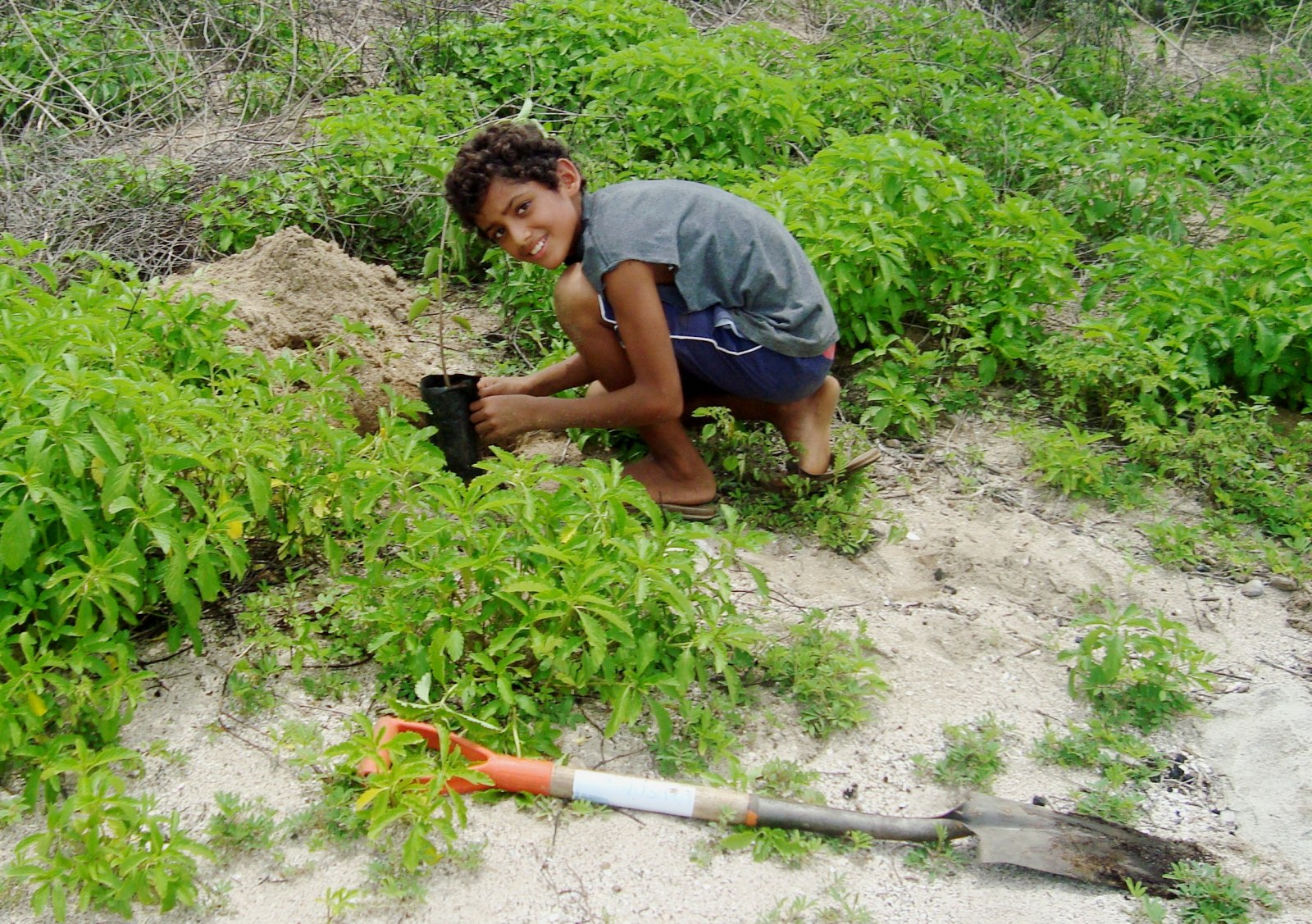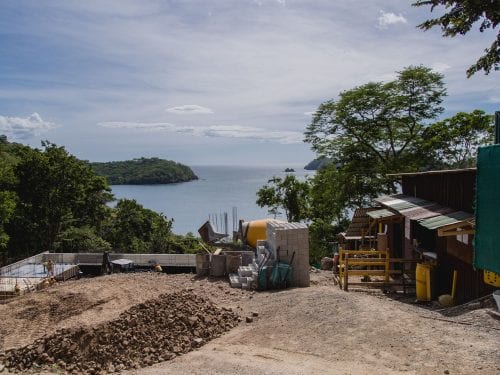
Old-timers tell of when the coast from Samara to Nosara were quiet communities of fishermen and farmers, practically cut off from the rest of the world. But slowly foreigners and other ticos began moving in, buying up land and shaping the future of these towns.
Now, instead of agriculture, youths look for “easier” jobs in hotels or other tourism-related businesses. They want to learn English. They want to learn computer skills. But not everyone has the resources to do so, and the gap between the poor and the well-off is evident. On the other hand, nonprofit organizations have been founded and library programs introduced in an effort to help. This dichotomy raises the question, overall have the communities benefited, or has tourism harmed the local way of life?
The co-founder and co-director of the Center for Responsible Travel (CREST), Martha Honey, visited Nosara for three days, and The Voice had an opportunity to chat with her on the development of tourism in Costa Rica.
While working as a journalist both in Tanzania, in West Africa and here in Costa Rica, Honey became fascinated by the politics around tourism and the question of whether tourism can really benefit poorer countries. According to Honey, coastal development is particularly sensitive worldwide, with a boom in retirement houses and resort development, often causing locals to feel that they are loosing their beaches to foreigners, a trend that has all sorts of political implications.
Honey lived in San Jose from 1983 to 1993 and has regularly visited the country since then, studying the unique way in which tourism has developed here. She observed that tourism really took off here in 2002, after former president Oscar Arias had won the Nobel Peace Prize and the Liberia airport expanded and direct flights from the United States were introduced.
CREST conducted an extensive study of tourism along the Pacific coast from Guanacaste to the Osa Peninsula, interviewing many people to obtain the local perspective. During the study, they noted grievances such as limited access to certain beaches, competition for resources (especially water), rising land prices and not feeling that tourism is providing benefits.
Overall, Honey remarked that Costa Rica is unique in that ecotourism developed first here before big resorts and mainstream tourism. In most countries it has been the other way around. “I think it’s raised questions about high value versus high volume. Not all tourism is created equal. Different types of tourism have different types of impact.”
According to airport surveys, those who come for ecotourism generally stay in the country longer, do more and visit more locations, spreading their money around the country more evenly, she said. In addition, eco lodges and hotels tend to be owned either by locals or by foreigners who generally live in the area at least part-time, thus being more committed to hiring locals and investing in the local economy.
“The government should be active in training locals for more skilled jobs,” Honey said. She noted that most locals aren’t likely to be able to build their own hotel, but with a combination of education and a commitment from hotel owners to provide on-the-job training, they could move up to higher paying jobs within the hotel or open auxiliary businesses such as operating tours “that are more lucrative than being a chambermaid or a gardener.” She pointed out that many of the best jobs currently go to people from San Jose because they have had access to more training and educational opportunities.
After spending a few days in Nosara, visiting a friend, relaxing and walking on Guiones beach, as well as meeting some local residents and hearing their vision for the area, Honey commented on both the area’s strengths and its needs.
“The beach is wonderfully protected and that makes total sense in terms of global warming but it also means that the beach continues to really belong to the community,” she said. She also noted that most of the hotels here tend to be small and tucked into the vegetation.
As for needs, she recommended that open dialogue should be held between developers and the community in order to have more broad planning and land use planning. Decisions should be made regarding what areas should be developed and what kind of development should happen in each area, be it agriculture, fishing, commercial or tourism, as well as working together to protect the area’s natural beauty.







Comments